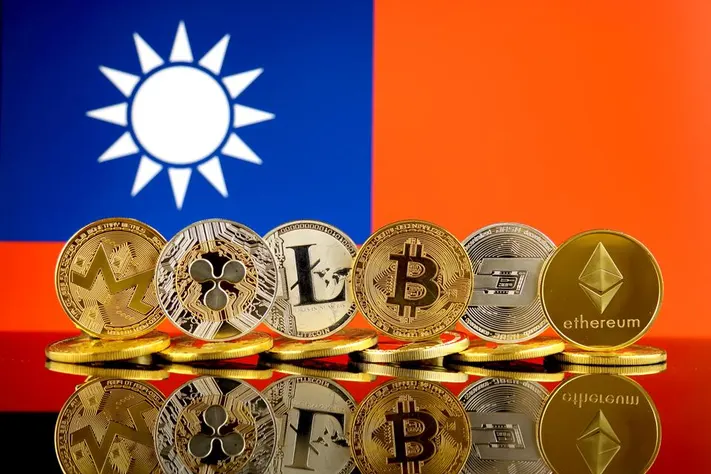|
Getting your Trinity Audio player ready...
|
Taiwan is intensifying its oversight of the cryptocurrency industry, with the Financial Supervisory Commission (FSC) unveiling new anti-money laundering (AML) regulations. Following amendments made to existing laws in July, the FSC now mandates that all virtual asset service providers (VASPs) register by the end of September 2025 or face severe penalties, including imprisonment.
The FSC’s announcement, made in a statement on Wednesday, marks a significant shift in the country’s approach to regulating cryptocurrency. While VASPs have been required to comply with AML laws since 2021, the new regulations present stricter standards and will replace the current rules by January 2025. According to local reports, non-compliance could result in up to two years of imprisonment and fines as high as NT$5 million ($155,900).
Stricter Compliance For Crypto Firms
The FSC is aiming to ensure all VASPs follow the new AML guidelines, even those that have already completed previous compliance declarations. The upcoming rules are intended to bolster transparency and security within Taiwan’s crypto industry, pushing the sector closer to the regulatory standards of traditional financial institutions.
Crypto lawyer and secretary general of the Taiwan Fintech Association, Kevin Cheng, emphasized that the revised regulations will criminally penalize non-compliant operators while imposing stricter obligations on those who comply. “The entire industry environment will gradually move towards the model of licensed financial institutions,” Cheng stated.
Beyond basic AML compliance, the new regulations introduce more stringent requirements for VASP management teams, addressing corporate responsibilities like transaction security, consumer protection, and information security. These measures are expected to create higher barriers to entry for cryptocurrency firms in Taiwan, while providing greater legal clarity and security for investors.
A More Attractive Market for Institutional Investors?
Despite the potential challenges for smaller crypto firms, industry insiders believe the new rules could enhance Taiwan’s attractiveness to institutional investors. According to Cheng, the regulations will provide stronger legal protection, which may appeal to large investors more familiar with the security and structure of traditional finance.
The FSC is also considering further regulatory developments, with plans to submit a specific law proposal on crypto assets to the Executive Yuan in June 2024. This proposal is expected to be drafted by the end of this year, signaling the government’s commitment to creating a comprehensive regulatory framework for the rapidly evolving digital asset market.
Crypto Industry Self-Regulation in Taiwan
In line with the government’s push for stronger oversight, Taiwan’s crypto sector established an industry association earlier this year. This group is working on self-supervisory rules under government guidance, which could play a critical role in shaping the future of cryptocurrency in the region.
Taiwan’s tightening regulations reflect a growing global trend towards stricter cryptocurrency oversight, aiming to safeguard financial markets while fostering innovation within the digital asset space. As the island nation moves towards its 2025 deadline, the coming months will reveal how both the industry and the regulatory landscape will evolve in response to these significant changes.
Disclaimer: The information in this article is for general purposes only and does not constitute financial advice. The author’s views are personal and may not reflect the views of Chain Affairs. Before making any investment decisions, you should always conduct your own research. Chain Affairs is not responsible for any financial losses.
I’m your translator between the financial Old World and the new frontier of crypto. After a career demystifying economics and markets, I enjoy elucidating crypto – from investment risks to earth-shaking potential. Let’s explore!




